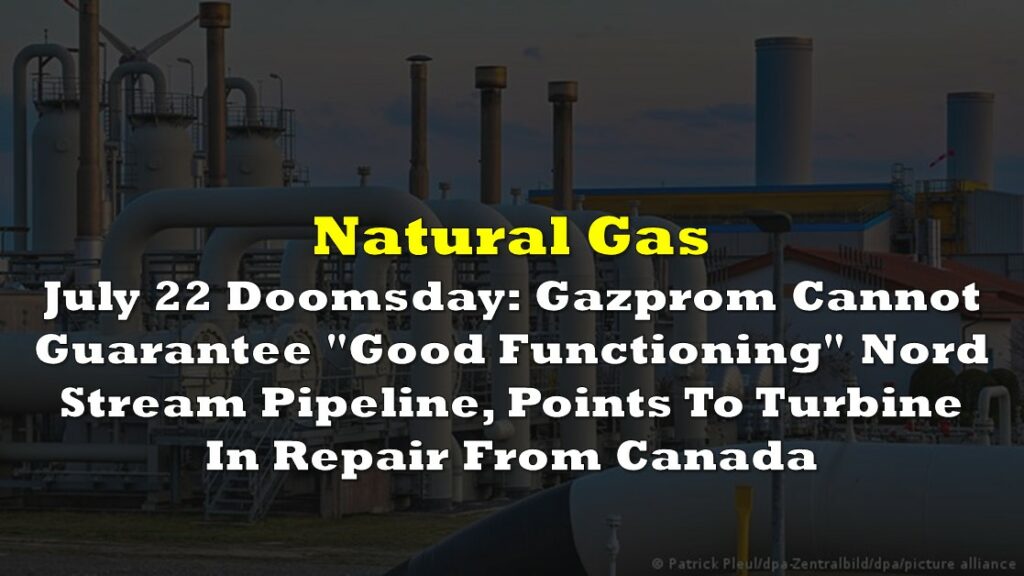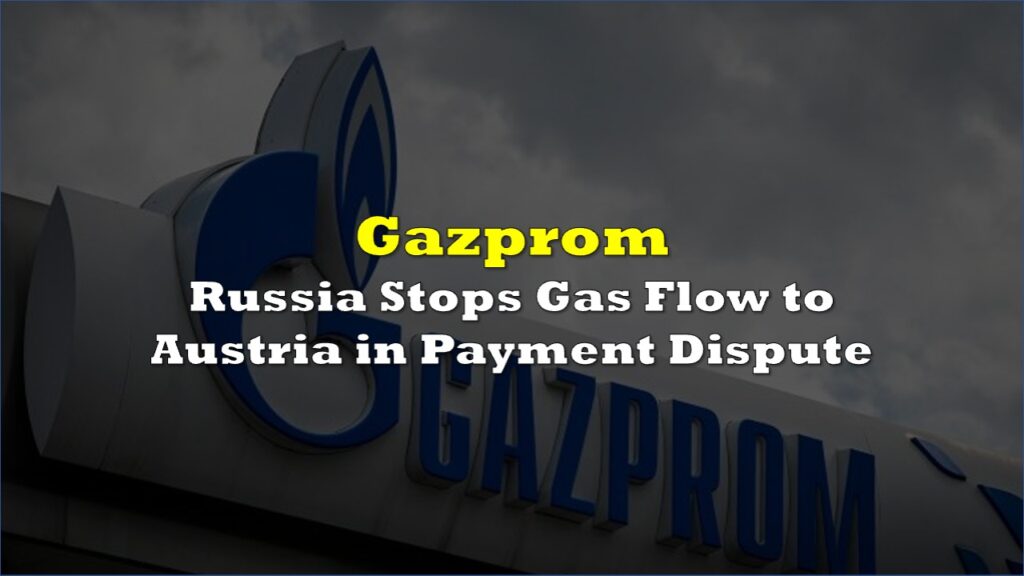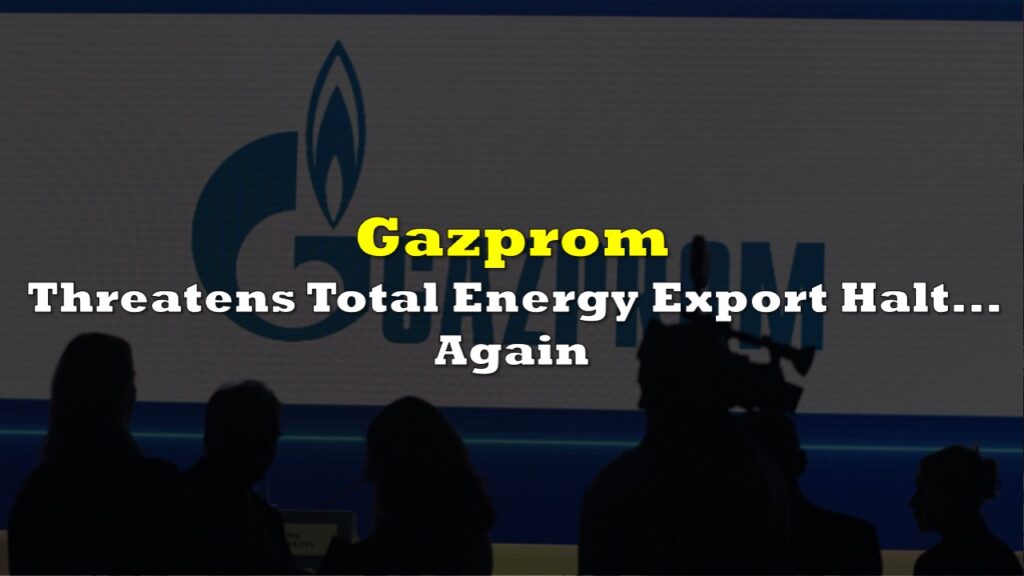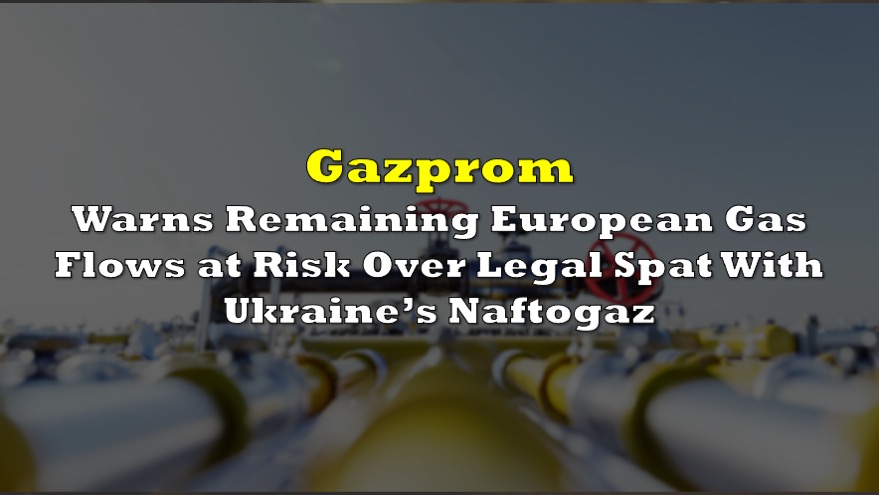Gazprom, once a dominant player in the global gas market, faces a stark reality as it grapples with the consequences of Russia’s geopolitical maneuvers. The Russian gas monopoly’s attempt to leverage energy supplies in the Ukraine conflict has backfired, resulting in a severe contraction of its export market and financial stability.
In a dramatic setback, Gazprom’s gas exports have plunged to their lowest level since 1985, reaching only 69 billion cubic meters in 2023. This represents a drastic reduction from the 185 billion cubic meters exported in the pre-war period of 2021 and a significant drop from the already troubling figures of 2022, which amounted to 100.9 billion cubic metres. The company’s European market, which previously accounted for 80% of its exports and two-thirds of its revenue, has dwindled to a fraction of its former volume.
Europe’s shift away from Russian gas, a reaction to the Ukraine conflict, has left Gazprom with a diminished presence in its most lucrative market. Its exports to Europe have regressed to levels last seen in the 1970s, starkly contrasting with the heights reached in previous decades. Despite efforts to pivot towards China, the gains made through the Power of Siberia pipeline are insufficient, covering merely an eighth of the lost European Union exports.
Gazprom’s hopes are now pinned on expanding its Chinese market, proposing a fivefold increase in sales. However, these ambitions face significant challenges. China’s demand for imported gas is expected to grow by only 80 billion cubic meters by 2030, with contracts already in place for supplies from other sources.
The impending expiration of Gazprom’s transit contract through Ukraine in 2024 further complicates the picture, potentially exacerbating the decline in European supplies. Experts like VEB chief economist Andrei Klepach are skeptical of Gazprom’s ability to recoup these massive losses, even with planned contracts with China.
Compounding these export challenges, Gazprom faces tough negotiations with China over the proposed Power of Siberia-2 pipeline. China’s insistence on heavy discounts and refusal to share construction costs puts additional strain on Gazprom’s already weakened financial position.
To mitigate these financial pressures, Russian authorities are resorting to significant domestic gas tariff hikes, further burdening its citizenry. Once newly proposed hikes are complete, the tariffs will have risen by 34% since the start of the war. These measures, however, may not suffice to offset the looming trillion-ruble losses anticipated by energy committee head Pavel Zavalny, as Gazprom navigates a landscape of shrinking exports and escalating costs.
Information for this briefing was found via Reuters, Moscow Times, and the sources mentioned. The author has no securities or affiliations related to this organization. Not a recommendation to buy or sell. Always do additional research and consult a professional before purchasing a security. The author holds no licenses.









